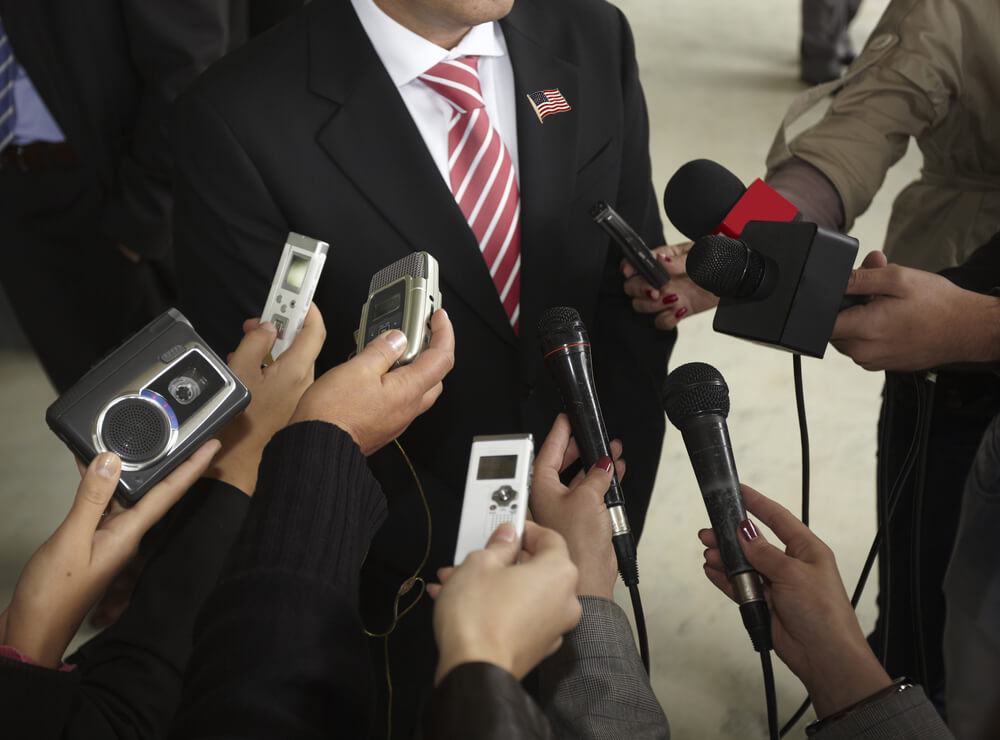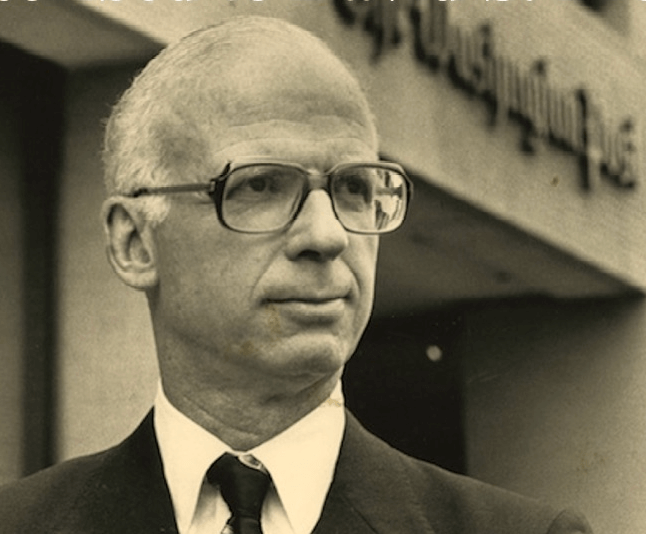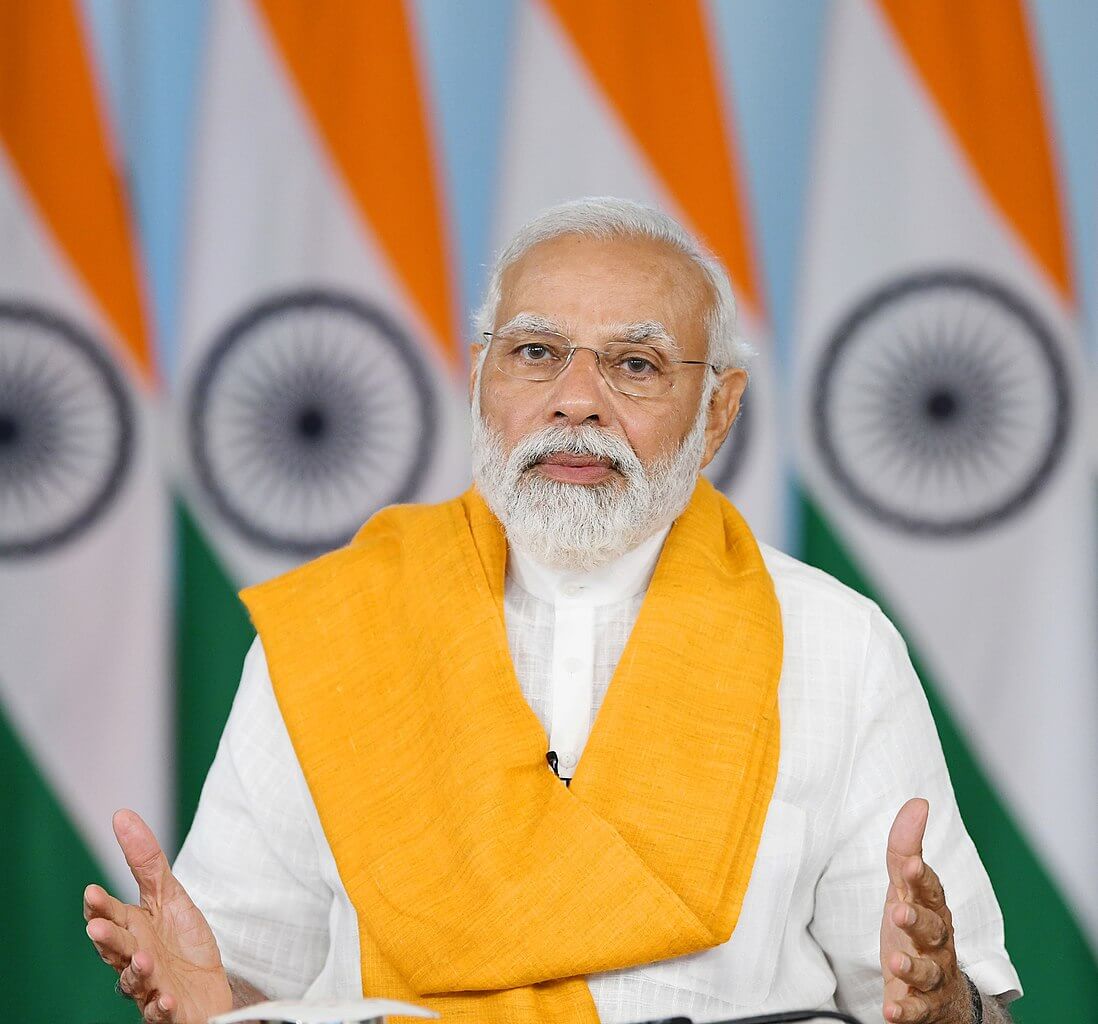Those who work with language have reason to worry about the effect of artificial intelligence and its awesome skill with words.
You can, for example, ask ChatGPT to write an article on almost any subject, and it will mostly come back with something ready for the page, untouched by a human editor. If you want it in Washington Post style and it is in Guardian style with British spelling, faster than you can type in the request, it will reformat the article into the style and usage you want and, presto, it is ready to print or publish digitally.
Writers, lawyers and college professors will feel the sting first. Writers in Hollywood are on strike because of the threat posed. College professors are going into the new term unsure whether they will deal with original work or whether students are substituting AI-generated essays and theses.
Journalists, already reeling from the closure of so many newspapers, are wondering about their future.
But what about religion?
AI ramifications in organized religion are good and bad. In fringe religions and cults, it will be open season on worshipers. And some will find comfort in speaking to God as though the Almighty is resident in AI.
On the good side, many pastors approach Sunday in trepidation. The sermon, which is supposed to be instructional, uplifting and erudite, is a source of torture to those who aren’t good writers or have difficulty sharing their own faith with the congregation.
There are newsletters to help sermon writers and a wealth of diocesan support. Still, sermons are a trial for many pastors. You can read an old sermon or plagiarize another cleric, but that leaves sincere preachers feeling they are cheating and letting their congregants and their mission down.
Enter AI. By feeding a few thoughts to a chatbot, a polished sermon incorporating some of the preacher’s ideas appears almost instantly.
This hasn’t been wasted on the established churches, I learn from the BBC. The churches are looking at ways of embracing AI, using it as a tool, a gift to help with preaching and pastoral work, comforting the sick, composing notes of sympathy, and research.
The rub comes when people, as some surely will, confuse concepts of God with AI simulations and start to think that AI is a deity.
It has the characteristics usually associated with a deity: ubiquitous and seemingly all-knowing.
Indeed, it may claim to be a god if it hallucinates, as it sometimes does. What, then, for the unsuspecting? Do they fall to their knees?
I asked ChatGPT, and it sent me a 10-point list of the possibilities, noting it is a subject that is complex and evolving.
These three points are scary:
—“Customized Spiritual Experiences: AI algorithms could be designed to tailor spiritual experiences to individual preferences and beliefs. These experiences might include personalized prayers, meditation sessions, or virtual pilgrimages, designed to resonate with each person’s spiritual inclinations.”
—“Ethical Dilemmas and Moral Guidance: AI might be used to explore complex ethical questions and provide guidance based on religious teachings. For instance, AI systems could analyze various religious perspectives on a given moral issue and help individuals navigate their choices.”
—“Exploration of Spirituality and Philosophy: AI’s ability to process vast amounts of information could be harnessed to delve deeper into philosophical and spiritual questions, potentially offering new perspectives on the nature of existence, consciousness and the divine.”
Would it be safe to call it Frankenstein worship?









